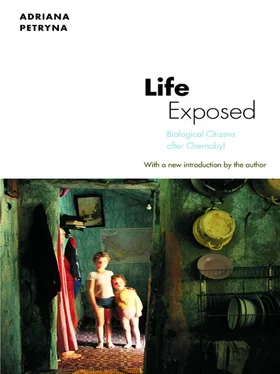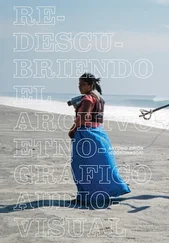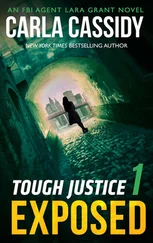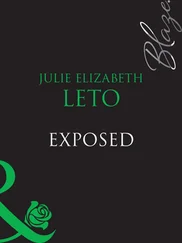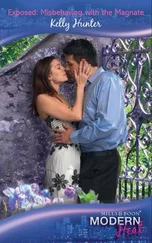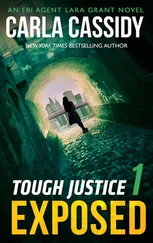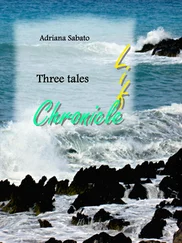• • •
The workers on the cruise were well dressed and cheerful. Oil was big business in Ukraine; new global fights were being waged over access to Central Asian pipelines, the routing of pipelines, and port building in Ukraine. Felix Davydovych the charismatic and much adored director of the institute, had paid for the cruise. I learned that he had recently promised Anton an additional monthly pension at his own expense. Halia and I sat at a table along the perimeter of the top deck. Everyone drank. Anton intelligently abstained, knowing that alcohol would have interfered with his medication. He mingled with coworkers on the deck, making a point of his acquaintance with everyone. Former coworkers seemed sympathetic to him at first, but, a little later, simply tolerant of his histrionics. He grabbed my camera and began photographing everyone; he broke up and rearranged dance partners as if he were a master puppeteer.
Nobody came to our table. It seemed to me that Halia and Anton had been invited as a matter of courtesy, and that I had been brought along as a participant-observer. Halia confided as we heard the sound of his loud voice drifting through the air, “They treat him like an ill person and he doesn’t know it. He gets very violent when someone tells him he is sick.”
Halia explained her ways of calming her husband down and keeping his drives in check. When he complained of pain, she convinced him that the cause of his pain was environmental. She said things like, “Anton, it’s not illness that you are experiencing. When the atmospheric pressure increases, you get headaches. When the weather gets hot, you feel pressure in your heart. It is not illness exactly.” Anton rarely spoke of himself as being sick or in pain. Rather, he made more graphic pronouncements like “I will hang myself,” and people seemed just to nod. In a way, Halia and the others treated him as an ill and infantilized person who had no control over his fate.
A bleak film made in Kyiv, Friend of the Deceased (1997), precisely portrays this loss of control and the “disappearance” of Soviet men as they become part of a violent new moral and economic world. The film starkly details what I have already described throughout this book (and particularly in Anton’s case) as the human cost of this transition and as the intractability of the new social logics. Anatolii, the film’s protagonist, is having a difficult time making money as a translator and philologist. His wife, on the other hand, has made a successful career transition from philologist to advertising executive and has been cheating on her husband. She dates a man who owns a Ford, a symbol of new middle-class wealth. Dejected, a penniless Anatolii contacts a former academic colleague turned kiosk owner who has ties with the criminal underworld. In an elaborate scheme, Anatolii contracts with a hit man to kill his wife’s new boyfriend, but then changes his mind and directs the hit man to kill him instead. Anatolii sends the hit man a photograph of himself, some money, and the address of a public space where Anatolii can be found and killed. As the day of his planned death approaches, Anatolii meets a prostitute, and a love interest ensues, making Anatolii rethink his plans. Yet the only way he can undo his deadly contract is to hire another hit man to kill the first while he in the act of ambushing Anatolii. The plan succeeds, and Anatolii survives his own contract killing. In the meantime, his prostitute friend is beaten up by a rich client. The mafia blows up his friend’s kiosk.
The protagonist is restless and anguish-ridden once again. At the end of the film, he contacts the wife of the first hit man, the one whose murder he had arranged. Anatolii introduces himself as a “friend of the deceased.” This ending has a chilling effect—there is an unspoken complicity binding the new couple, in that they “knew” all along what had been happening. They legitimate the new order of existence by simply staying together. Their choice is both terrible and redeeming. In the final scene Anatolii is leaning over a cradle where an infant, the dead assassin’s son, stares back at him and calls him Papa. This last scene depicts the troubled if improbable course of the protagonist’s paternity. In this scene of somber misrecognition, he accepts his fate. Tragedy finds reconciliation, but one that exposes rather than forecloses the violence that was required in pursuit of such reconciliations. Such were the terms by which the Nimovs, in their own separate ways, tried to reconcile themselves to each other and to their new social world.
• • •
The boat approached the island where it would be docked for a few hours. The island, lapped by industrially polluted water, was dotted with young pine trees and carpeted with long soft grass; a Ukrainian folk ensemble was waiting for the crowd. The director of the institute flirted with several women. Anton returned to the table and told Halia that he “needed aspirin.” As Halia rummaged through her purse, Anton picked up a glass bottle and pitched it into the river. I asked him, “What for?” He replied, “I threw out my memory.”
Two days after the boat trip Anton telephoned me and sounded extremely disoriented: “It’s bad for me.” His thoughts skipped back to the month of February. “Halia called the police. The police dragged me into a special car and took me to the ward for the insane” ( otdelennia duraka, as he called it). He detailed the living conditions there. “The insane grab bread from each other. The faucets are shut off. The orderlies take men, put them up against a wall, and hit them. The insane walk without pants. The orderlies beat them until they bleed. The insane die there for wanting one cigarette.” Then he admitted that he had battered Halia again.
Later that day, I spoke with Sasha. She told me about a seemingly mundane incident that had set off Anton’s brutal attack. On her return from her grandfather’s house, Iryna (Little Halia’s mother) had not returned a car she had borrowed from a good friend of the family. Halia made the mistake of informing her husband of this incident while he was drinking. He exploded, berating his daughter as having a “bad character.” Sasha said that he had beaten Halia not just over the head and in the face, as Anton had told me, but that “her kidneys were beaten too.”
The next day I visited Halia on the third floor of the neurological ward of the local hospital; it was the same ward where she underwent daily treatment for her back pain. Halia had suffered contusions and spinal and kidney injuries. Her left eye was black-and-blue. She had a bottle of amitriptyline (an antianxiety medication) by her side. She avoided talking about the incident at first and said how much she would like to have “visited my mother’s grave today. It is her birthday.”
Frustrated, she began talking about her situation. “I have no rights. Anton has all the rights.” Wife battery was on the rise in Ukraine; a first women’s shelter had just opened up in Kyiv in 1996. She said that it would be very difficult to leave Anton, mainly for economic reasons. Moreover, the police were now involved in mediating the couple’s shattered marital relationship. But the police were as corrupt as any other official institution—Halia knew that there was no real protection for her: “Anton can pay off the militia with a few dollars and they will not touch him.” She said that it would be even more difficult than before to get the police to lock him up. Getting a forensic report describing her battered body was also not easy. In February, Ivana (the neurologist and friend from Halia’s home village) had written such a report, forcing the police to act. This time around Ivana was not willing to do the same. She was afraid for her own job and did not want to get involved in the Nimov matter any further. Everybody at the Pavlova knew that Anton was no longer “just” a psychiatric case; he was a socially legitimated victim.
Читать дальше
